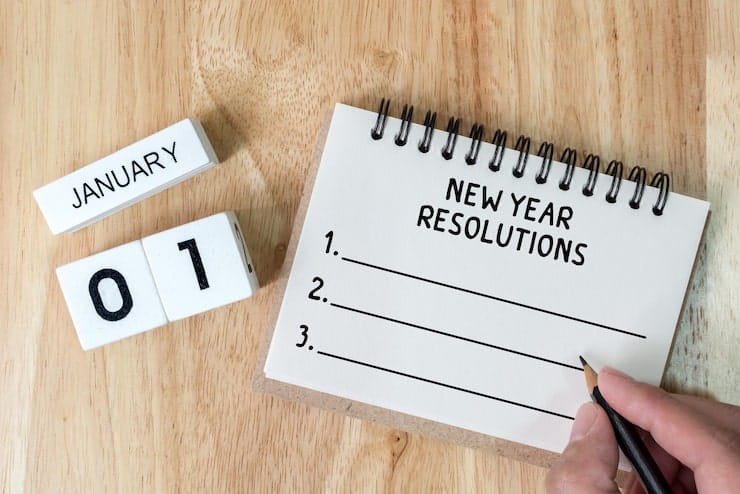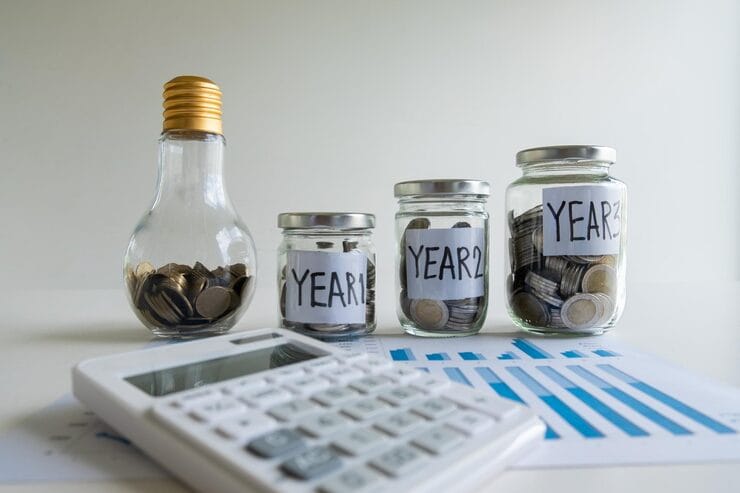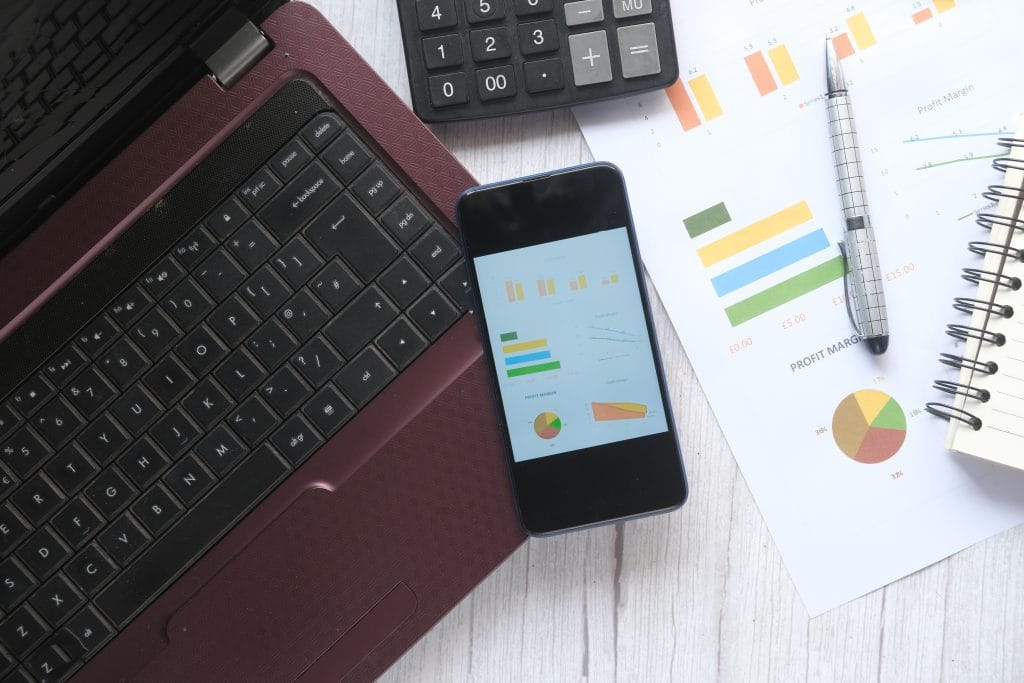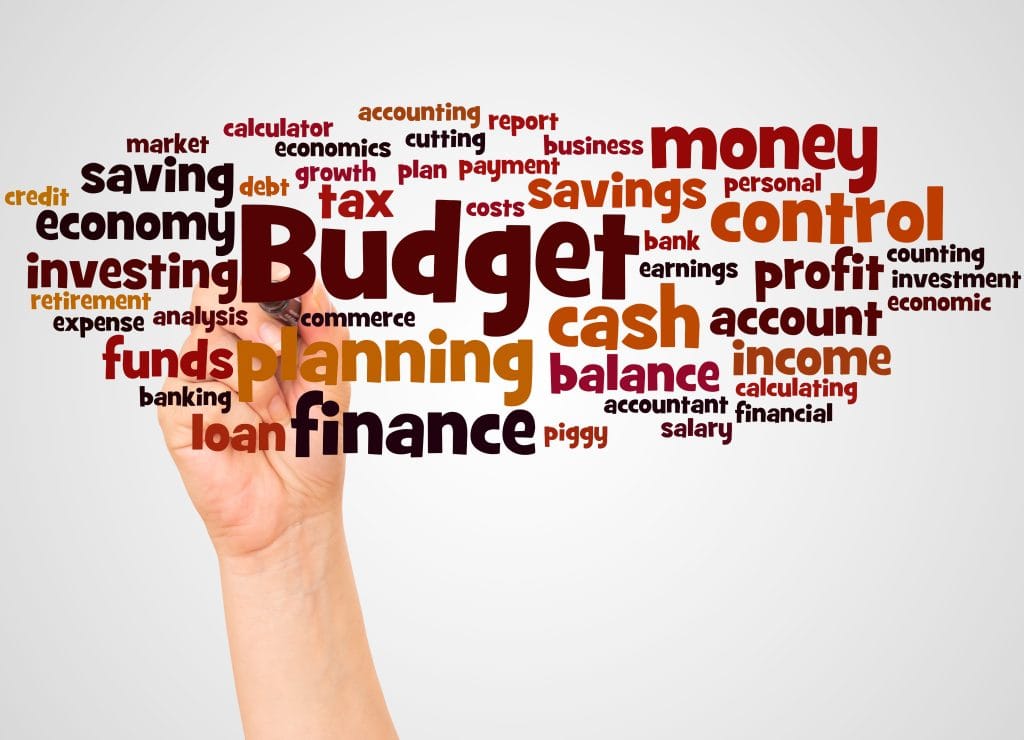1. What Is Expense Tracking and Why Does It Matter?
Expense tracking simply means recording where your money goes — every dollar in, every dollar out.
But today, smart households in Canada are using a budgeting app to track spending automatically.
Whether you are trying to save money, reduce debt, or understand your monthly spending habits, tracking expenses is the foundation of money management.
When you consistently track your expenses effectively, it becomes easier to:
- Notice unnecessary spending
- Build better savings habits
- Improve financial discipline
- Understand your finances at a glance
And most importantly — saving money by tracking expenses becomes effortless.
2. The Psychology Behind Spending: Why We Overspend
Most people don’t overspend because they want to — they overspend because they don’t realise where their money is going.
Common reasons include:
- Emotional purchases
- “Small” daily spending that adds up
- Lack of real-time visibility
- No clear boundaries or budgeting plan
This is where spending habits and tracking become powerful.
A personal finance tracker gives you the awareness you need to make better decisions.
3. How a Budgeting App Helps You Track Expenses More Effectively
A modern budgeting app is not just a digital notebook — it’s a smart tool with automated features that make money management easy.
A good expense tracker provides:
- Real-time spending insights
- Overspending alerts
- Automatic categorization
- Daily, weekly, and monthly summaries
- Goal-tracking features
- Shared expense tracking household options
In Canada, tools like Emoh Pay help people:
- Track expenses
- Build household budgets
- Assign categories
- Monitor savings
- Improve long-term financial habits
This combination of budgeting and expense tracking is what truly helps families stay in control.
4. Benefits of Real-Time Expense Tracking
Real-time tracking is the reason people who use a budgeting app save significantly more money.
Instant visibility = better decisions
You know:
- How much you’ve already spent
- How much budget remains
- What category is overshooting
- Which expenses can be reduce
Why real-time tracking works so well
- Helps prevent impulsive purchases
- Strengthens financial discipline
- Eliminates end-of-month surprises
- Sends overspending alerts
This approach makes saving money feel natural and effortless.
5. Daily Expense Tracking Tips for Busy Individuals
Don’t have time to log everything manually?
Good news — you don’t need to.
Here’s how to track your expenses effectively every single day:
Tip 1: Use a budgeting app
Manual tracking is hard. A smart app categorises everything for you.
Tip 2: Review your expenses nightly (2–3 minutes)
A quick daily review keeps your spending on track.
Tip 3: Use consistent categories
It improves your expense categories and analysis accuracy.
Tip 4: Set savings goals
Your mind naturally adjusts spending when a goal is visible.
Tip 5: Turn on push notifications
Overspending alerts act as a reality check.
Tip 6: Log cash transactions immediately
Cash is the easiest to forget — record it instantly.
6. Family Expense Tracking: Why Households Save More Together
For families, expense tracking is not just helpful — it’s life-changing.
Why families save more
- Shared visibility = shared responsibility
- No confusion over who paid what
- No repetitive purchases
- Expenses become predictable
- Reduces financial stress
Shared household tracking (perfect for Emoh Pay)
A shared expense tracking household makes it easy to:
- Manage groceries
- Track bill payments
- Split household costs
- Plan savings together
Families that track expenses together build stronger money habits.
7. Expense Categories and Analysis: How to Understand Your Money
Organising expenses into categories makes budgeting effortless.
Common categories:
- Food
- Transportation
- Home
- Healthcare
- Entertainment
- Child-related
- Savings
- Miscellaneous
Why categorisation matters:
- Helps identify where overspending happens
- Highlights unnecessary purchases
- Allows you to set category-wise budgets
- Improves money management for families
- Supports long-term stability
An app that offers strong budgeting tool features makes this process smooth and accurate.
8. Savings Goals and Expense Control: Turning Tracking Into Action
Tracking alone does not guarantee savings — action does.
How to convert tracking into savings:
- Review your weekly spending trends
- Identify categories that exceed limits
- Adjust unnecessary spending
- Set monthly savings goals
- Transfer the saved amount automatically
When your savings are tied to your real-time behaviour, progress becomes automatic.
9. Best Ways to Track Spending in Canada
Whether you’re a student, a parent, or managing a household, here are the best ways to control your finances:
1. Use a budgeting app (highest success rate)
A budgeting app gives you complete visibility and keeps everything stored automatically.
2. Create spending limits
Helps reduce emotional spending.
3. Analyse weekly reports
Short intervals improve behaviour faster.
4. Use goal-based tracking
Allows you to save intentionally.
5. Switch to digital receipts
Makes expense logs easier.
6. Use an expense tracker app Canada recommends
Apps made for Canadian users consider:
- Canadian currency
- Household structures
- Local financial habits
- Expense patterns
FAQs
1. What is the easiest way to track expenses using Emoh Pay?
Emoh Pay makes expense tracking simple with automatic categorization, real-time insights, and shared household budgeting options.
2. Why is expense tracking important for saving money?
Because it reveals where your money actually goes, helping you control overspending and build stronger financial habits.
3. How does tracking expenses help you save money?
By giving you clarity on your spending patterns and allowing you to adjust habits before they lead to overspending.
4. How often should I track my expenses?
Tracking daily (even for 2–3 minutes) provides the most accurate results and keeps you aligned with your budget.
5. Is expense tracking helpful for families?
Yes. When families track spending together, it reduces confusion, improves transparency, and supports better long-term financial planning.










